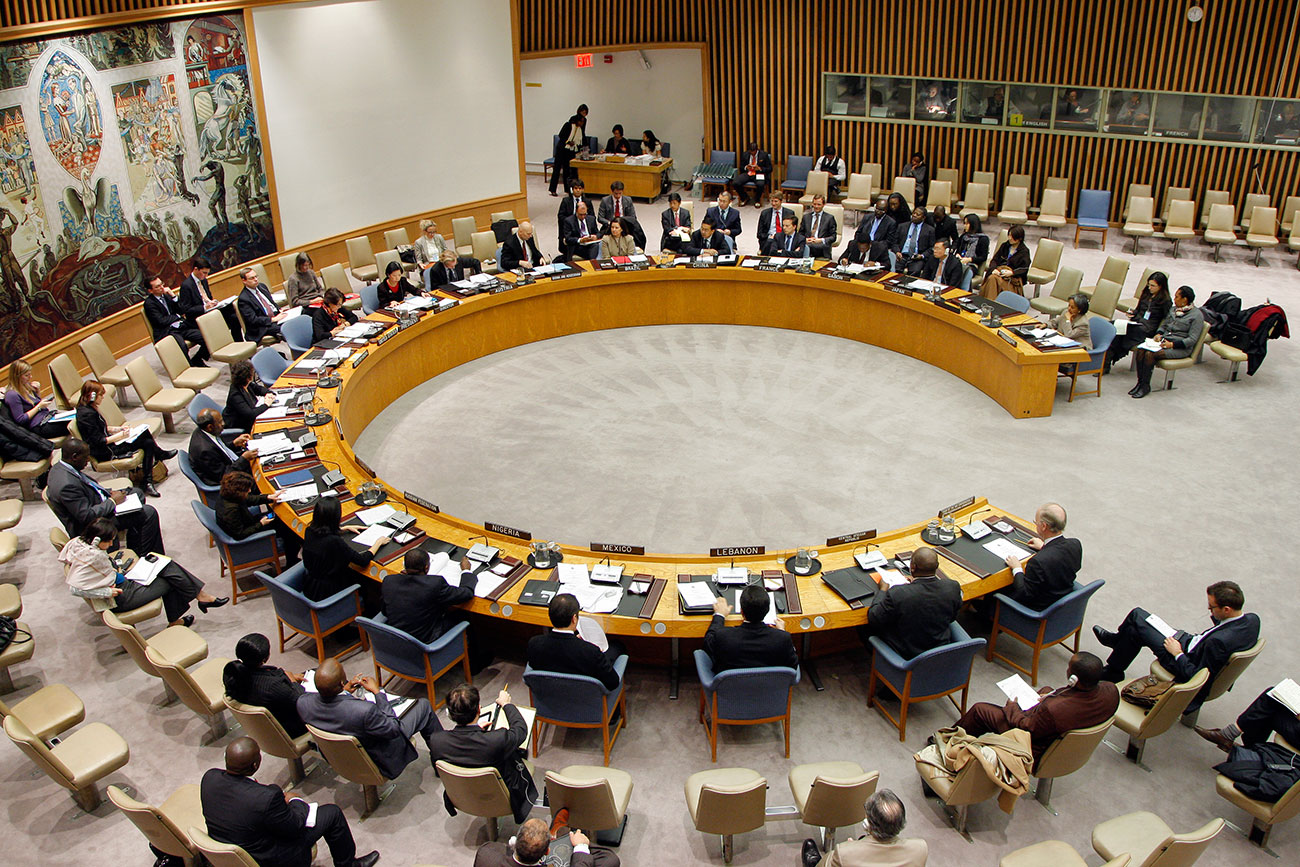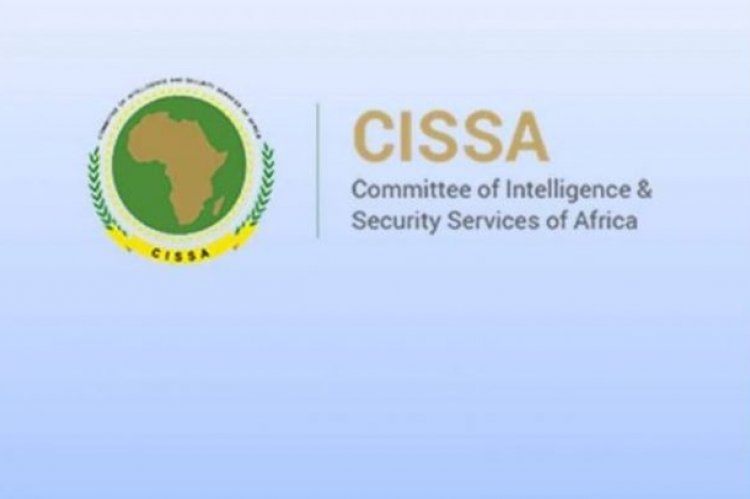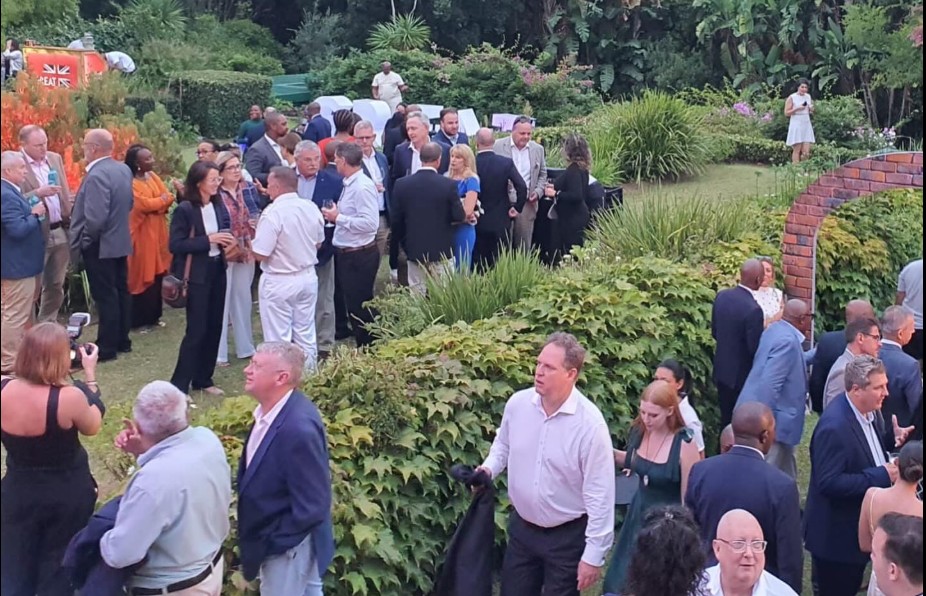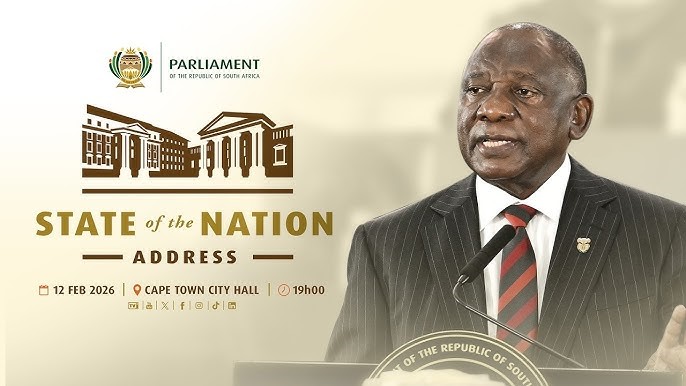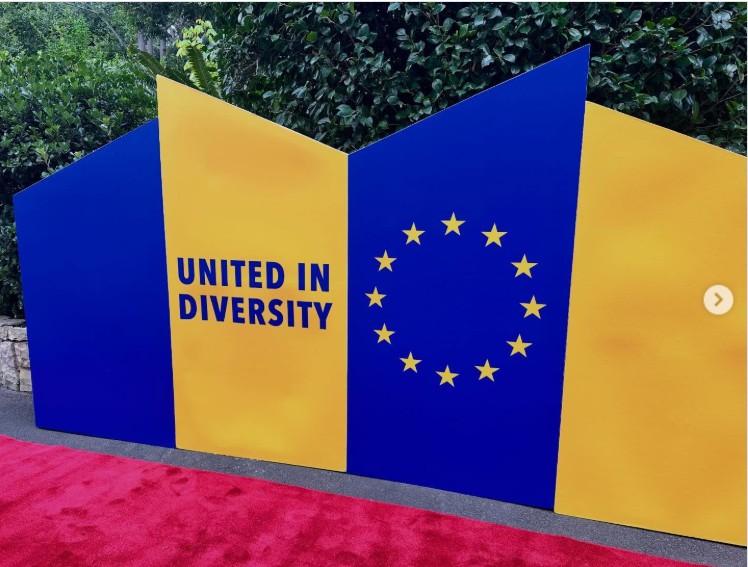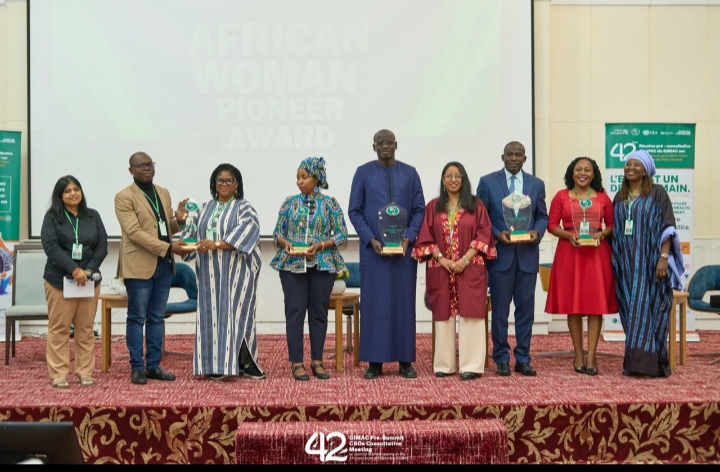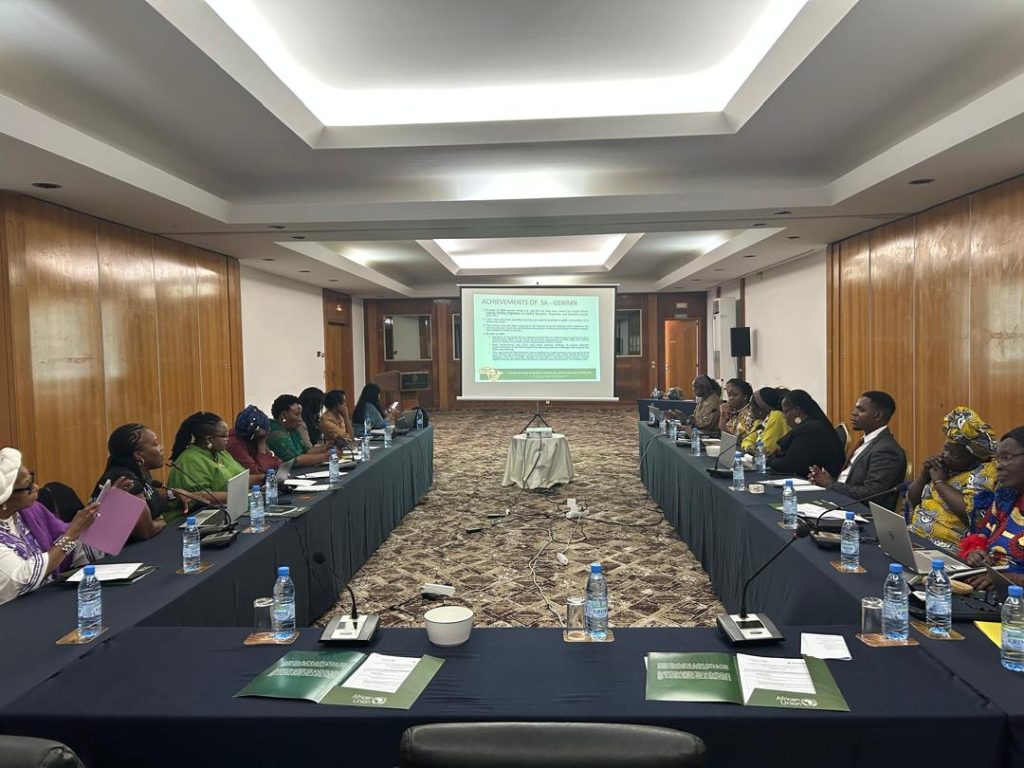The Training for Peace Programme at ACCORD (TfP/ACCORD) in collaboration with the African Union (AU) has organised a Roundtable with Regional Economic Communities (RECs) & Regional Mechanisms (RMs) on civilian rostering processes. The roundtable sought to generate recommendations on how to further strengthen Africa’s civilian capacity and ensure coherence and coordination between all the stakeholders within the civilian rostering process.
The roster is a platform for the generation, retention and utilisation of civilian capacities on a standby basis for deployment across a range of peace and security operations. The Roundtable aimed at identifying gaps in relationships within the rostering process and sought to strengthen these relationships for an effective and efficient rostering system, a system that seeks to provide for predictability on civilian deployment in peace operations in Africa. The discussions encouraged RECs and Planning Elements (PLANELMs) within the African Standby Force (ASF) to effectively link training to the rostering process.
The Roundtable was held from 1-2 December 2014 in Addis Ababa, Ethiopia. It brought together representatives from Southern African Development Community (SADC), Economic Community of Central African States (ECCAS), North Africa Regional Capability (NARC), East African Standby Force (EASF) Secretariat, the African Union, African Peace Support Trainers Association (APSTA), Kofi Anan International Peacekeeping Training Center (KAIPTC), and United Nations Office to the African Union (UNOAU), the International Peace Support Training Centre (IPSTC), Centre for Conflict Resolution & Peacekeeping in Africa (CCCPA), Ecole de Maintien de la Paix (EMP) Mali, the Ethiopian International Peacekeeping Training Centre (EIPKTC) and the National Defence College (NDC), Nigeria. These representatives included civilian rostering officers within the PLANELMs, the civilian national focal points as well as representatives from training centres responsible for civilian training and rostering.
The Roundtable focused on discussions related to an overview of progress on the roster implementation at the regional and continental level; gaps and challenges in the civilian rostering process; challenges and opportunities for RECs/RMs, PLANELMs and Member States’ engagement with the Training Centres of Excellence (CoEs) and other Training Institutions; strengthening national infrastructures for civilian participation in peace missions; lessons learnt in linking training and rostering and; good practices in the harmonisation of the training standards for effective and sustained civilian capacities. There were also strong recommendations that standardisation and harmonisation or training is important in ensuring a common understanding of the course content, concepts and operations by the future civilian peacekeepers placed in rosters for ASF deployments.
A good practice identified was ensuring that all trainees are screened before training and placement into regional and continental rosters using common minimum standards to ensure coherence and consistency in the rosters. The training should also be done continuously and it should be informed by the needs unique to each region. This is all geared towards training the right people with the right skills required for response to the different crisis situations in the different regions. The roundtable thus provided a forum for stakeholders to strengthening coordination on the civilian rostering process by focusing on the recruitment process starting from identification, screening, training and availability for peace support operations in Africa.
The discussions also noted that the operationalisation of the civilian rostering process involve contributing factors like continued engagement, commitment cooperation, collaboration and coordination amongst partners for effectiveness. These factors needs more strengthening at the regional and member state level for a more coordinated support to the AU continental roster.
The discussions were in line with the Programme’s strategic goal which is to significantly improve the civilian capacities of RECs/RMs to prepare, plan and monitor multidimensional peace operations in Africa. The Roundtable reflected on ACCORD’s objective towards contributing to generating civilian capacities with the aim of supporting the AU in strengthening the process of operationalising the AU integrated continental roster.
The Training for Peace Programme at ACCORD is an initiative funded by the Norwegian Ministry of Foreign Affairs.

